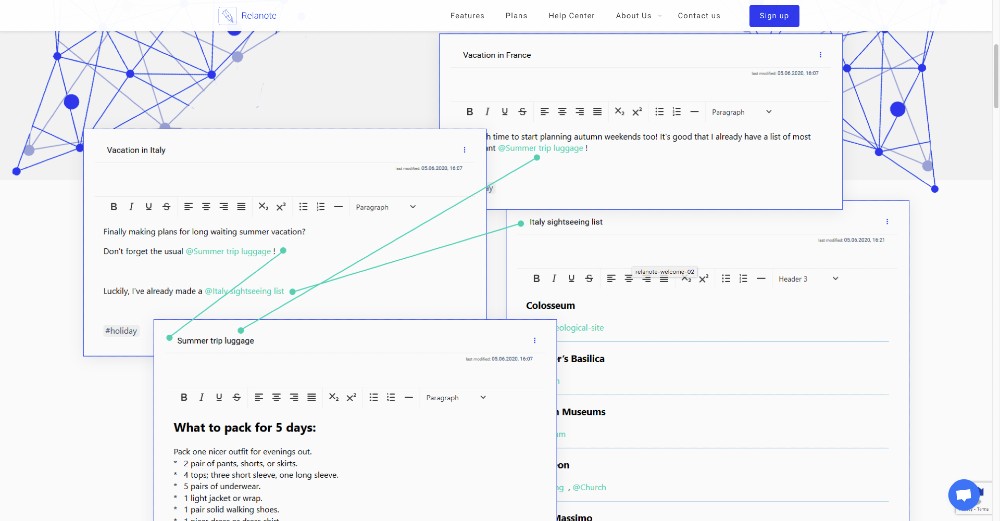The median age of Realtors® reached 57 in 2013, the oldest on record. Interestingly, the 111th Congress, which took office in 2009, is the oldest in the nation’s history, with an average age of 57 in the House and 63 in the Senate. So now Realtors® are just as old as congressmen.
The National Association of Realtors® attributes this increase in the average age of its members to the fact that that real estate professionals are staying in the market longer and putting off retirement. If that’s the case, then it would stand to reason that many real estate professionals began their careers in the pre-computer days when home searches were conducted via MLS books thicker then the Yellow Pages.
There have been so many changes to the industry since the days of MLS books, and it can be challenging for agents keep up – particularly with the technological advancements that have been so fast and furious.
And, that’s the challenge for real estate brokers across the nation. In such a technology-dependent trade, how can I deal with a technology-resistant (or deficient) agent? Is there room for this agent within my brokerage model? How can my brokerage both embrace the technology-sophisticated and the technology-challenged?
3 ways brokerages can address challenges of technology-resistant agents
Running a booming real estate business means time, energy, and a solid infrastructure. If you want your agents to produce, you need to provide training, support, and be available at the drop of a hat. Of course, there are certain brokers who have made a conscious decision to discount their services, and provide an inferior level of support. But, that’s the first call you’ll have to make. When you discount your services and provide limited support, will that decrease your bottom line? What steps will you take to support your agents so that they close more deals and you both earn more?
Here are three ways that brokerages can address these issues:
- Provide in-house support staff free of charge. If you have a paid employee (or employees) available to handle the scanning, uploading, and emailing of documents, then these common challenges can easily be overcome. The tech-resistant agent can still get out in the field and do his or her job (knowing that someone else will be handling the “dirty” work).
- Employ a virtual assistant. Whether you hire a virtual assistant from overseas or whether you use one closer to home, it might be a good idea to have a person offsite to upload, create direct mail pieces, and manage social media. A virtual assistant can help agents increase productivity and it will also provide you—the broker—with some needed relief.
- Turn away the wrong agent. If an agent does not have a solid production history and your brokerage model does not embrace all technology levels, do the right thing. Send tech-resistant agents to a brokerage where they can get the added value that they need. If you are not prepared for it, a tech-resistant agent will suck your time and will not be productive. At the end of the day, everyone may be a loser.
Overall, brokers need to take time to make conscious decisions about the types of agents they want and need in order to be successful. Don’t just open the floodgates and assume that all types will be top producers. It’s your responsibility to provide the tools to make every agent a top producer. For some, it may be time to rethink your model and be sure that you have included something for everyone.
Melissa is an in-demand business success speaker and author, as well as a real estate broker with thousands of short sale transactions under her belt. She leverages her experience as a short sale insider to motivate thousands of business professionals to plan their careers better, execute more effectively on their plan, and earn more because of it.














































